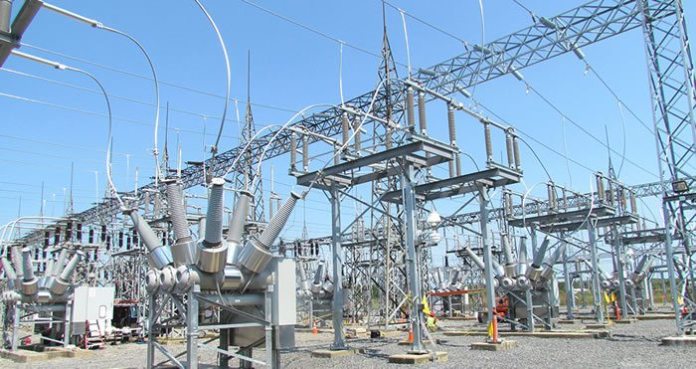Government has cleared a little over the 50 per cent of some $1.5 billion debts owed Independent Power Producers (IPPs), Distributors and Bulk Consumers in the country.
The payment made by government reduces its indebtedness to IPPs, Distributors and Bulk Consumers to a little less than $750 million.
“This is a show of good faith by government,” said Chief Executive Officer (CEO) of the Chamber of Independent Power Producers, Distributors and Bulk Consumers (CIPDIB–Ghana), Elikplim Kwablah Apetorgbor, in reaction to the half debt settlement by government.
He however, added that it wants government to do more in settling its debts owed IPPs.
“IPPs in Ghana remain the most competitive in the ECOWAS sub-region, we are doing averagely 11 cents per kilowatt hour and as a chamber we have challenged ourselves to do better than this. The half payment of debts by government is not a gift to IPPs but a legitimate and overdue payment for services pre-financed and provided just to keep the lights on for Ghanaians,” he stated.
Meanwhile, Ghana’s energy sector debt is projected to increase to $12.5 billion by 2023 if concrete steps are not taken to address it.
The debt keeps growing because the nation’s power distribution company – Electricity Company of Ghana (ECG) – is unable to collect all the money for the energy it sells.
“We don’t collect enough revenue to meet our requirements, we’re going to sit down with all the players and let them understand that if we don’t change and agree on some parameters we’ll all collapse,” said Energy Minister designate, Mathew Opoku Prempeh at the Parliamentary Vetting on Friday.
Mr Prempeh said if confirmed to the post, he’ll seek relief through ongoing renegotiation of power contracts with private power producers and will consider a different approach to privatizing the ECG as attempts to do so in 2019 through a U.S. funded aid program fell through.
Since the renegotiation of the power deals began in 2019, three of the 12 independent producers have agreed to take steps to cut their tariffs charged to the government, however, none have agreed to stop charging the government for energy it does not consume. Those obligations, under the so-called take-or-pay clauses, cost government $500 million every year.







